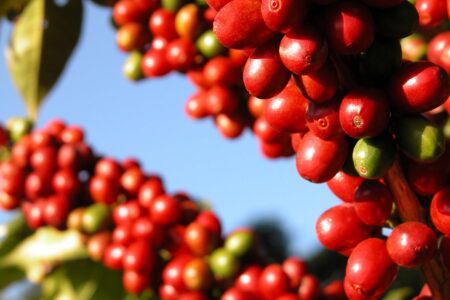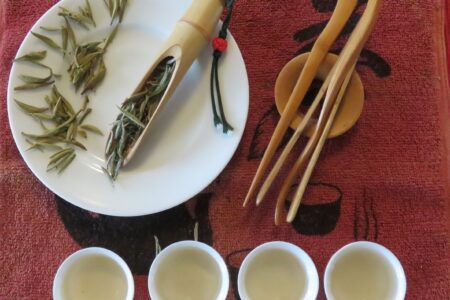Healthy innovations & new consumers fuel US RTD coffee growth
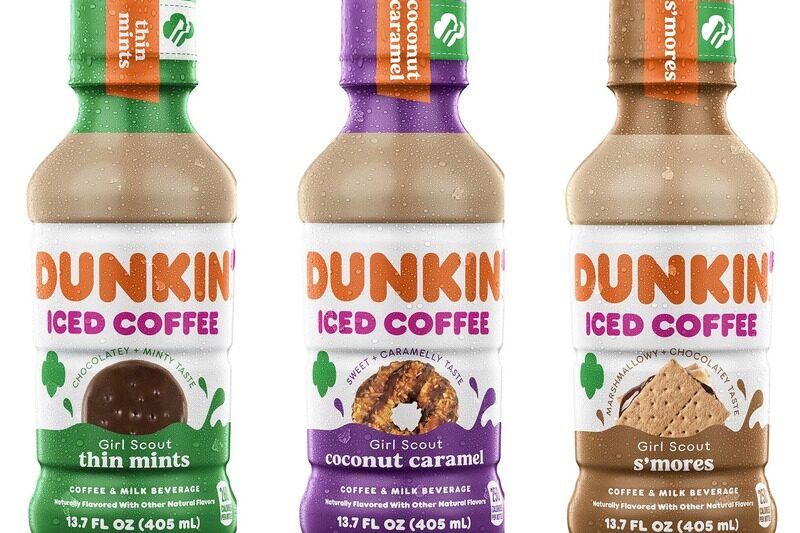
Attractive across an increasingly wider range of US demographics, RTD coffee counts millennials, in particular, among its largest consumers, responsive to aggressive promotion, innovative marketing, and evolving line extensions. But targeting new consumers is also a key opportunity in drawing additional beverage drinkers into the fold. By Ted Hoyt.
Competition in the United States ready-to-drink (RTD) coffee category continues to heat up, with cold brew increasingly represented among new entries. Globally, the category reached USD $114 billion in 2020 according to Dublin, Ireland-based Research and Markets, which expects the market to grow at compound annual growth rate (CAGR) of 7.5 per cent from 2021-2026.
The market research firm attributes changing lifestyles, increasing spending capacities and shifting dietary preferences of consumers as the primary drivers of category growth.
“Consumers are increasingly preferring food and beverages that require minimum time to prepare and can be consumed on-the-go,” the company stated in announcing its 2021 research report on the category. “The canned and bottled packaging of these beverages are also adding to the convenience of consumers, thereby increasing their overall demand.”
Category leader pushes adoption curve
With an already robust portfolio of ready-to-drink coffee products created under its 27-year-old North American Coffee Partnership with PepsiCo, Starbucks found itself intrigued by 2020 consumer purchasing data from Information Resources, Inc. identifying that 72 per cent of US households had never tried a RTD coffee product. The company said sales of its RTD products under that partnership grew 14 per cent in 2020, providing dual incentives to address.
What were these untapped customers seeking that was not already offered in the well-served marketplace, where a plethora of cold coffee offerings has built a significant category in recent years?
To answer that question, Starbucks Coffee – the RTD category leader holding a 61 per cent share in 2020, but down from 63 per cent in 2019 according to London-based global market intelligence firm, Euromonitor International – embarked on what it calls its “biggest body of research yet” to identify the unmet desires of RTD holdouts.
The company said the findings were clear: a desire for the smooth coffee taste profile that has propelled cold brew into the spotlight, a ‘splash’ of milk and flavour, lower sugar and calorie content than other category offerings, skip the preservatives, and an ‘accessible’ price point.
Manpreet Cheema, senior product developer on Starbucks R&D team, said the goal was to keep the lightly sweetened beverage under 100 calories and zone in on the best roast profile, narrowed down over months of tastings and consumer tests. Feedback revealed that less acidic cold brew has become increasingly appealing to those not currently drinking RTD coffee, and provided the desired complexity, balanced profile, and rounded taste for the new line.
Rolled out last year through mass, grocery and convenience store channels as Starbucks Cold & Crafted, the new line debuted in three varieties: Coffee with a Splash of Milk & Vanilla, Coffee with a Splash of Milk & Mocha and Coffee Sweetened Black. The suggested retail price was set lower than most RTD options on the market at under $3 per 11-ounce bottle.
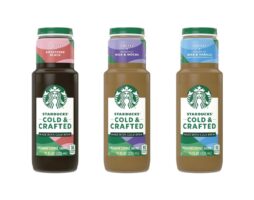
Meanwhile, Starbucks continued its model of translating popular in-store beverages into RTD versions for grocery channels with the addition of Dark Cocoa Sweet Cream Nitro Cold Brew, expanding the store-inspired platform that launched in in 2020, as well as Starbucks Vanilla Sweet Cream Cold Brew, offered in both 11-ounce single serve and, in a 40-ounce multi-serve.
Dunkin’ through its own collaboration with The Coca-Cola Company that began in 2017, leveraged a strong branding opportunity with the launch of RTD bottled iced coffee last year. Produced and distributed by Coca-Cola using Arabica coffee blends with real milk and sugar, the new flavours are inspired by three of the most iconic Girl Scout Cookie varieties: Thin Mints, Coconut Caramel, and the S’mores (graham cracker, chocolate, and marshmallow notes), available in 13.7-oz bottles and joining the existing Dunkin’-branded bottled Iced Coffee varieties of French vanilla, mocha and original.
RTD and health
Fast-moving Super Coffee, the number three bottled coffee brand in the US behind Starbucks and Dunkin’, pioneered what Research and Markets now describes as an entire vibrant “better-for-you” beverage segment within RTD. Company revenue grew 106 per cent from $4 million in 2018, to $55 million in 2020, and its products are distributed to 40,000 stores across America.
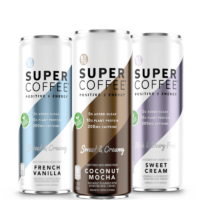
“Super Coffee was born from the idea of removing negative ingredients and replacing them with positive ingredients,” explained company COO Jordan DeCicco, one of three brothers – all former NCAA Division 1 student athletes – who co-founded the company in 2015. Eschewing added sugar and instead utilising no-calorie monk fruit as a sweetener, the company’s RTD offerings draw from a range of ingredients including vitamins, protein, MCT oil, L-theanine for easing stress and 3/3 antioxidants.
One line is formulated with lactose-free milk and offered in mocha, vanilla, hazelnut, and white chocolate peppermint in 340gm PET bottles. A plant-based line is offered in coconut mocha, French vanilla, sweet cream, or unsweetened versions in 11-oz cans, while Super Espresso comes in 6-oz cans in vanilla, caramel or unsweetened triple shot.
Named as the fastest growing beverage company by Inc in 2020, Super Coffee has tapped a deep roster of professional athletes and celebrities as brand advocates and ambassadors. In 2020, global superstar Jennifer Lopez and baseball legend turned businessman Alex Rodriguez became minority owners in Kitu Life, Inc., the makers of Super Coffee. Last year, Super Coffee celebrated National Coffee Day in the US by sharing its trade secrets and challenging RTD market leaders and all competitors to stop using added sugars in their own products.
Coffee for a cause
Another unique, rapidly growing player in the RTD market in the US is Black Rifle Coffee Company (BRCC), founded in 2014 by former United States Army Special Forces member (known as ‘Green Berets’) Evan Hafer, a passionate coffee lover who travelled with his coffee grinder while serving in the Iraq war. He began roasting for friends after returning home to civilian life, but it wasn’t long before he turned it into a business with the mission of serving US military veterans, active military, and first responders, directly funding veteran causes even before he was able to draw a salary for himself from the fledgling company. Fast-forward five years, and BRCC posted USD $82 million in revenue in 2019, nearly entirely from direct-to-consumer operations of military-themed ground coffee sold through the company’s website.
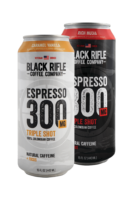
After launching its first RTD coffee in cans in 2020, revenues doubled to $164 million in that year, and were on track to hit USD $230 million in 2021, elevating BRCC to the number four position in the US RTD coffee sector. Scaling rapidly over the past two years, the company’s RTD coffees are currently sold in over 40,000 locations across convenience, grocery, and drug stores as well as mass retailers.
Black Rifle Coffee Company Espresso is a premium product made from 100 per cent Colombian coffee with 200mg caffeine per 11-oz can. It is lightly sweetened to balance its ‘coffee-forward’ flavours while maintaining lower sugar content than similar products. It is gluten free, a ‘good’ source of protein, and offered in either espresso mocha or espresso with cream flavours.
The company recently extended its RTD offerings with the launch of Espresso 300, which contains 300mg of caffeine per 15oz can and an ‘energising blend’ of MCT oil and amino acids. It’s available in caramel vanilla and rich mocha versions.
- E Edward ‘Ted’ Hoyt has more than two decades of experience as a trade magazine editor and freelance writer, authoring many articles in the premium coffee, spirits and cigar industries, among others.

